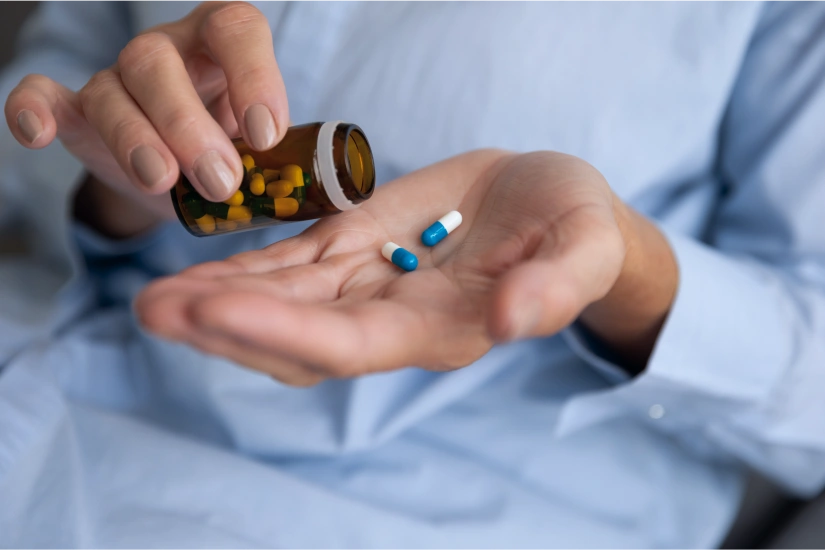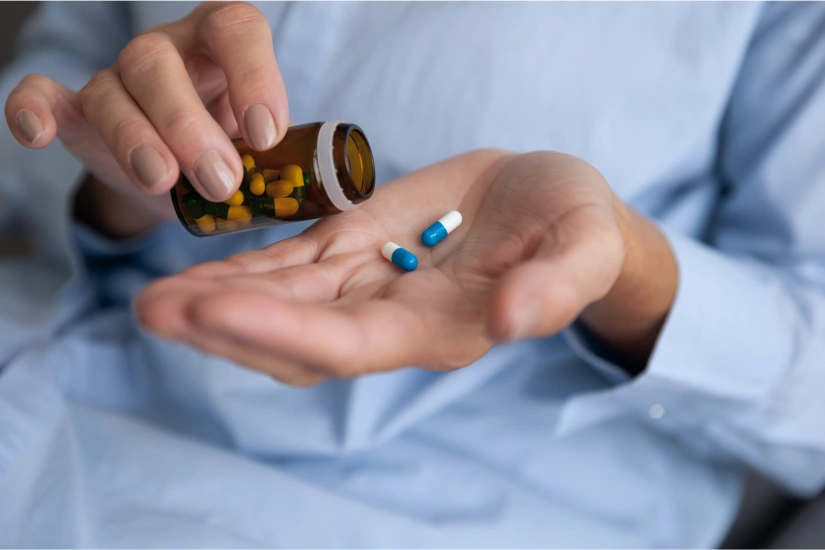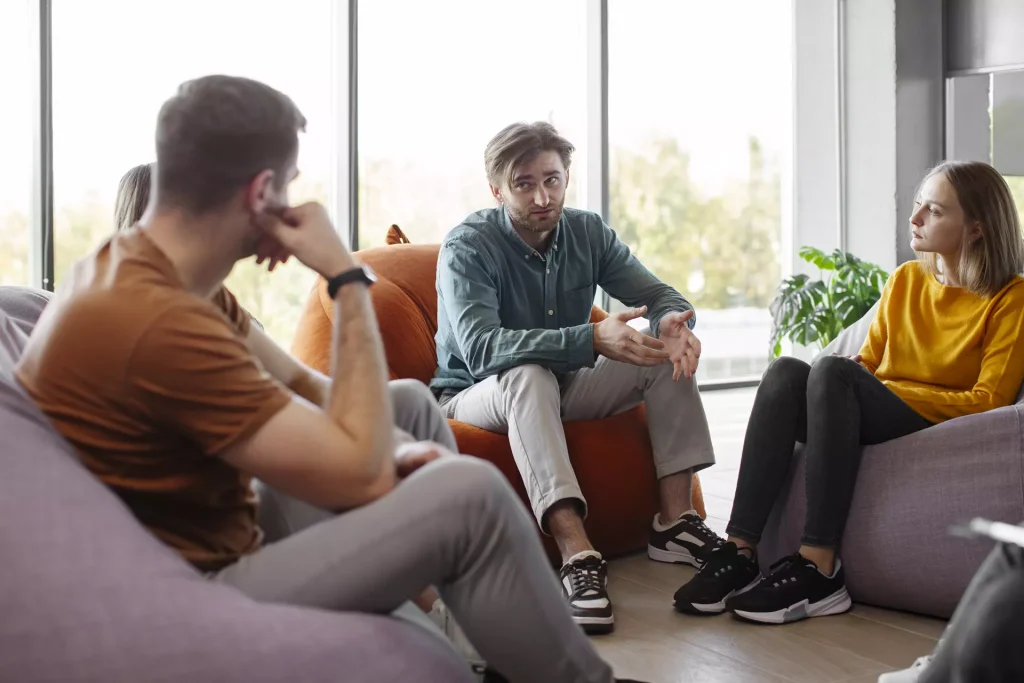24/7 Helpline:
(866) 899-221924/7 Helpline:
(866) 899-2219
Other Insurance Options

Evernorth

CareSource

Molina Healthcare

Health Choice

UnitedHealth Group

Premera

BlueShield

Optima

MHNNet Behavioral Health

Lucent

Meritain

Oxford

Horizon Healthcare Service

BHS | Behavioral Health Systems

GEHA

Excellus

PHCS Network

Ceridian

Group Health Incorporated

Ambetter













